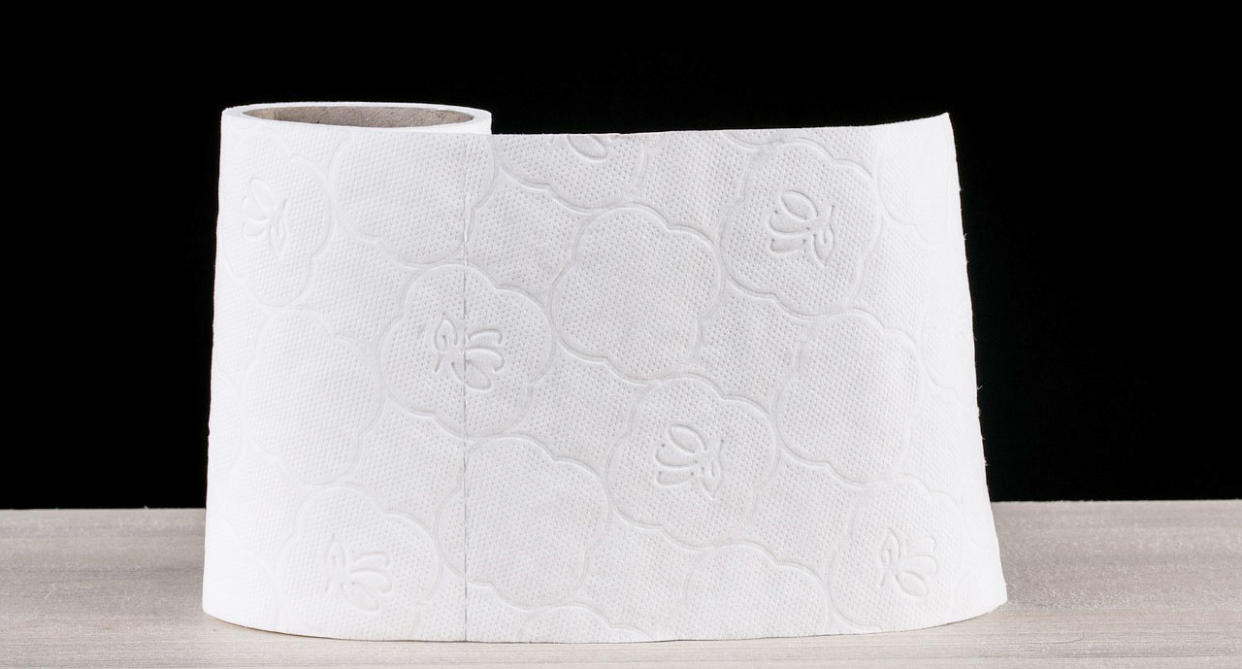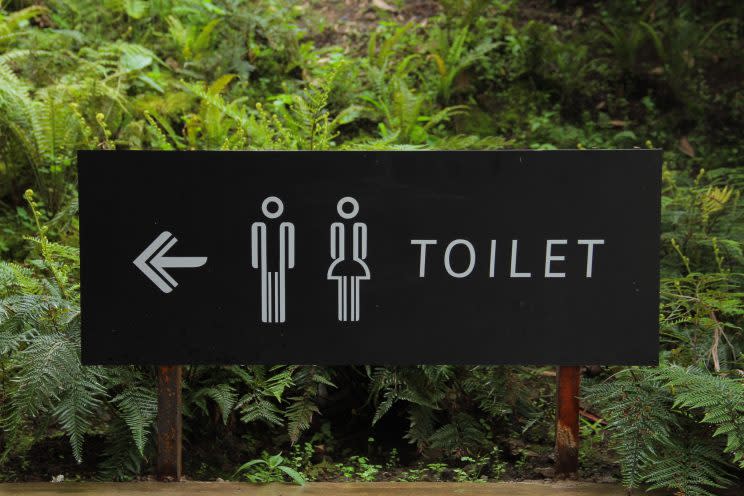Good hygiene and proper food handling are key to avoiding diarrhoea

Infectious diarrhoea, characterised by loose, watery stools, is a common condition in Singapore and is typically caused by water or food contaminated by bacteria or viruses. Other symptoms of infectious diarrhoea include blood in the stools, vomiting/nausea, abdominal cramps, abdominal pain, bloating, and fever. Symptoms can range from mild to severe.
Diarrhoea can also occur post-abdominal surgery, or be caused by medical conditions such as inflammatory bowel disease and irritable bowel disease, and medications like antibiotics.
You should see your doctor if you experience loose stools more than once or twice and if you have blood in your stools, abdominal cramps and severe vomiting, says Dr Ng Chung Wai Mark, Senior Consultant, Family Physician, Chairperson, Infection Control & Infectious Diseases, SingHealth Polyclinics.
Infectious diarrhoea can be treated in the following ways:
Drink plenty of water and fluids: This is the main treatment for mild diarrhoea and helps prevent dehydration. Oral rehydration salts also help prevent dehydration which can lead to complications such as kidney failure and in severe cases, even be life-threatening.
Avoid heavy meals, spicy/fatty foods, milk products, caffeine and fizzy drinks: Instead, follow a light diet that includes clear soup and porridge to rest the bowel.
Take medication: Charcoal tablets, anti-diarrhoeal drugs and antibiotics may be prescribed based on your symptoms.

How to prevent infectious diarrhoea:
Wash your hands properly with soap and water after visiting the toilet and before preparing and eating food.
Avoid consuming ice cubes, tap water and unboiled water when travelling to countries where sanitation is poor.
Store food appropriately and refrigerate when required to prevent spoilage.
Avoid eating food which has been left at room temperature for a prolonged period of time.
“There is a temperature range (called the ‘danger zone’) between 5 degrees C and 60 degrees C where bacteria multiply rapidly. As such, hot food should always be kept above 60°C, and cold food, below 5°C,” says Dr Ng.
The National Environmental Agency of Singapore advises that food should not be kept at room temperature for more than four hours from the time it is cooked until it is consumed.
“While Singapore has a relatively high quality of life and clean water supply, severe diarrhoea can still occur if we do not take food and water hygiene seriously, so do make an effort to practise good hygiene habits,” stresses Dr Ng. “There are also vaccines available for some infections which cause diarrhoea, and these include the cholera vaccine and rotavirus vaccine.”
More from the author:


